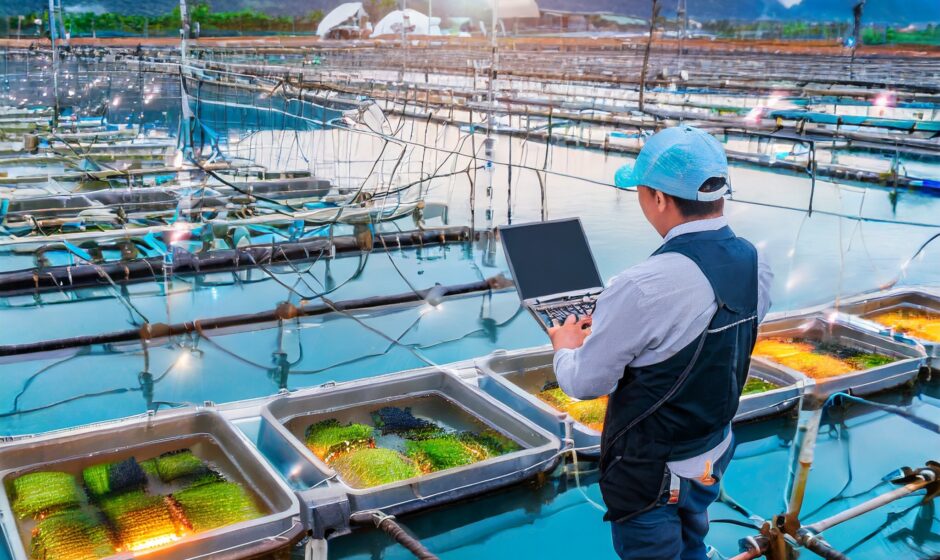In the ever-evolving landscape of technological innovation, the lines between seemingly disparate realms are blurring, igniting unexpected solutions to complex challenges. One such intersection lies at the confluence of the digital and the natural, where the seemingly unrelated worlds of computing and aquaculture are merging to create a revolutionary force in food production. This transformative movement is fueled by a simple yet profound concept: harnessing the waste heat generated by computer operations to warm water in aquaculture facilities, fostering optimal fish growth and production while upholding sustainability principles.
Traditionally, the aquaculture industry has relied heavily on fossil fuels to maintain the optimal water temperatures necessary for efficient fish growth. This dependence on conventional energy sources poses a significant threat to our environment, contributing to an ever-increasing carbon footprint and accelerating climate change. However, a novel solution has emerged, offering a beacon of hope for a sustainable future.
By capturing the waste heat generated by computer systems – a readily available resource that was once considered a mere byproduct – aquaculture facilities can significantly reduce their dependence on fossil fuels. This previously discarded heat is now being repurposed to create a warm and thriving environment for aquatic life, transforming what was once a detriment into a powerful tool for progress.
But the benefits of this groundbreaking technology extend far beyond environmental sustainability. Optimizing water temperature through the use of waste heat has a direct and positive impact on fish growth and development. Studies have shown that fish raised in warmer water temperatures exhibit accelerated growth and development, leading to increased size and production, ultimately translating to greater profitability and a more efficient food production system.
Moreover, adopting this technology translates to substantial cost savings for aquaculture businesses. Replacing traditional heating systems with this innovative approach eliminates the need for costly fossil fuels, resulting in lower operating expenses and improved financial sustainability. This allows aquaculture businesses to operate with greater efficiency, ultimately leading to lower consumer costs and increased accessibility to fresh seafood.
The environmental benefits of this technology are undeniable. By reclaiming waste heat from computers, the overall energy consumption and carbon footprint of both the computing and aquaculture industries are demonstrably reduced. This contributes to a cleaner environment and a more sustainable future for both sectors, fostering a harmonious balance between technological advancement and environmental responsibility.
This groundbreaking technology is not merely a hypothetical concept; it is a burgeoning reality. Pilot projects around the world are demonstrating the viability and effectiveness of utilizing waste heat in aquaculture. In Iceland, a data center has successfully partnered with an aquaculture facility, utilizing waste heat to create a thriving environment for fish farms. Similar projects are underway in various countries, showcasing the global reach and transformative potential of this innovative approach.
Driven by the collaborative efforts of engineers, scientists, and aquaculture experts, research and development in this field are rapidly advancing. New technologies are constantly being developed to optimize heat transfer and improve the efficiency of the system. With continued research and innovation, this technology holds immense promise for revolutionizing the aquaculture industry and driving a more sustainable and efficient future for food production.
The future of aquaculture lies in embracing innovative solutions that not only enhance production but also align with environmental sustainability goals. By harnessing the power of waste heat generated by computing, the aquaculture industry can pave the way for a more sustainable and efficient food production system, ensuring a secure and nutritious food supply for generations to come. This technological leap signifies a significant step towards a cleaner and greener future, where technology and nature collaborate to create a more harmonious and sustainable world, where bytes bloom into a bountiful harvest.


